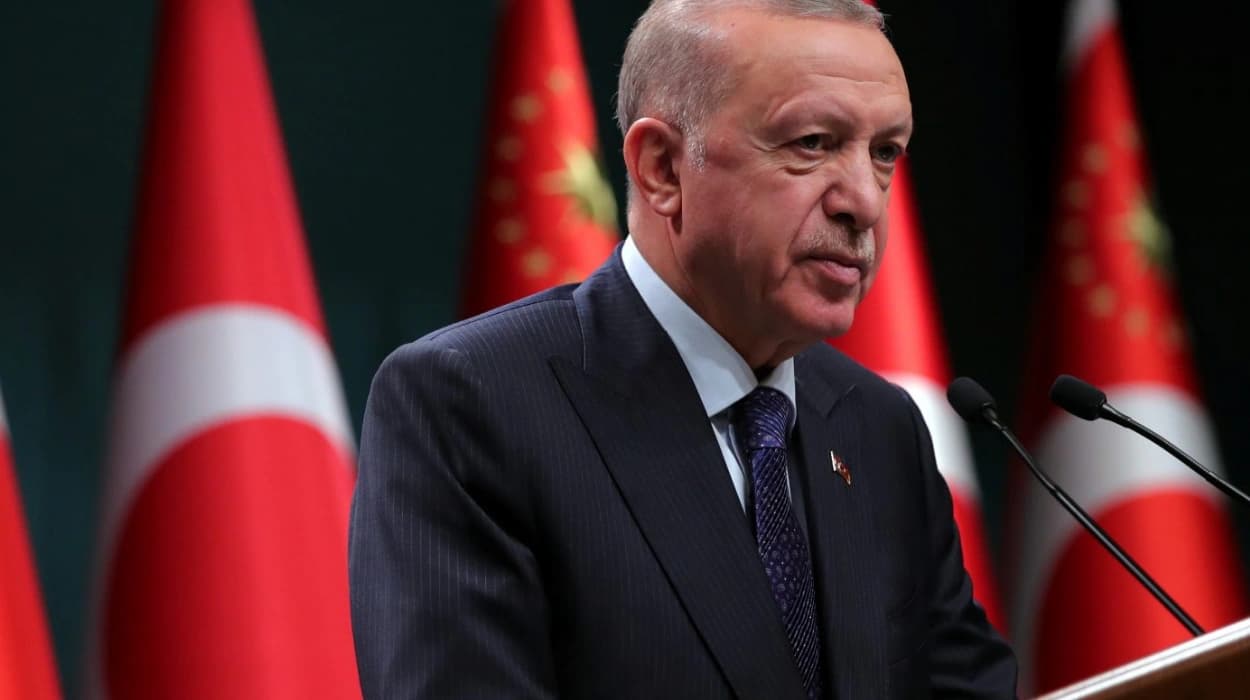Turkey's pursuit of social development and public sector modernization is embedded in an overarching vision to enhance the quality of life for its citizens and optimize the efficiency of government institutions. As a country bridging Europe and Asia, Turkey faces unique socio-economic challenges, including regional disparities, demographic dynamics, and evolving global economic trends. Addressing these requires integrated strategies that foster human development, strengthen governance, and embrace technological innovation. The country's forward-looking policies align with universal sustainable development goals with a dedicated focus on inclusivity, innovation, and resilience.
Strategic Social Development Initiatives
Turkey’s social development efforts concentrate on expanding
access to quality education, healthcare, and social services, particularly
targeting vulnerable populations such as women, youth, and refugees. The
government has implemented extensive skills development programs to improve
labor market outcomes, including training initiatives that enhance job-relevant
competencies for young people and women, boosting their employability and
entrepreneurship capacities. Approximately thousands have benefited from these
tailored vocational and entrepreneurial support programs, underpinning economic
inclusion and poverty alleviation efforts.
In parallel, Turkey has demonstrated a strong commitment to
gender equality by promoting female labor force participation and women-led
small and medium-sized enterprises (SMEs). This commitment includes
facilitating access to finance and advisory services for women entrepreneurs, a
key driver of more balanced economic growth. Collaboration with entities like
the Turkish Union of Municipalities and international labor organizations
supports HR policies and childcare infrastructure, fostering an environment
conducive to women's economic empowerment.
Turkey’s integrated approach also addresses social
challenges arising from the large refugee population, prioritizing social
cohesion and inclusion. Projects that provide education, skills training, and
economic integration for refugees reflect the country’s humanitarian leadership
while enhancing social stability and economic productivity.
Modernization of Public Sector Governance
Modernizing Turkey’s public sector centers on structural
reforms designed to improve efficiency, transparency, and responsiveness. Over
the past decade, the government has consolidated local administrations by expanding
metropolitan municipalities, abolishing redundant provincial and rural
entities, and promoting administrative integration, thereby streamlining
governance and improving public service delivery.
The rise of public-private partnerships (PPPs) illustrates
Turkey’s embrace of collaborative governance models to finance and implement
infrastructure and service projects. The PPP volume increased significantly,
underlining growing reliance on innovative financing and cross-sector
cooperation to modernize public infrastructure and services.
Institutional reorganization has adapted to pressing
challenges such as migration and disaster management by creating specialized
agencies like the Disaster and Emergency Management Authority (AFAD). These
reforms enhance Turkey’s capacity for crisis response, reflecting
"post-New Public Management" principles that prioritize agility,
coordination, and citizen-centric service provision.
Digital government initiatives further accelerate public
sector modernization. Turkey supports digital transformation of public services
through strategic investments in e-government infrastructure, data management,
and user-oriented platforms. By embracing digital tools, the government
improves service accessibility, operational efficiency, and transparency,
critical to meeting contemporary governance demands.
Innovation, Technology, and Knowledge Economy
Advancing the knowledge economy is pivotal to Turkey’s
modernization strategy. This includes supporting research, development, and
innovation ecosystems that enable higher value-added economic activities.
Financing early-stage technology start-ups, fostering digital literacy, and
deploying digital strategy tools for SMEs empower the private sector to compete
globally.
Investments in sustainable industrial development, including
electric vehicle production and green technology adoption, demonstrate Turkey’s
commitment to combining modernization with environmental responsibility. This
dual focus aligns with global shifts toward green economic models, helping
Turkey future-proof its industrial base.
Regional Development and Infrastructure
Reducing regional disparities is a core objective in
Turkey’s development framework. Enhanced regional connectivity via improved
transportation and logistics infrastructure stimulates economic activity and
social inclusion in underdeveloped areas.
Post-earthquake reconstruction efforts have prioritized
resilience and sustainability, including support for small businesses and
community services in affected regions. These programs build local capacities
and infrastructure to withstand future shocks, reflecting a broader strategy of
disaster preparedness integrated into social and economic planning.
Partnership and Institutional Collaboration
Turkey’s strategies leverage partnerships with international
organizations, civil society, and the private sector. Such collaborations
ensure that reforms and development programs benefit from diverse perspectives
and expertise. While civil society advocates for stronger climate ambitions and
human rights protections amid modernization efforts, Turkey continues to
negotiate balancing rapid development with inclusive governance principles.
Development planning is institutionalized through long-term
national plans, medium-term programs, and annual strategic reviews involving
multi-stakeholder consultations. This systematic policy framework aligns public
investments, institutional reforms, and social initiatives toward coherent
goals.
Turkey’s strategic approach to social development and public sector modernization reflects a comprehensive, adaptive, and inclusive agenda. Through targeted human capital development, governance reforms, digital transformation, and innovation promotion, Turkey is building resilient institutions and fostering sustainable social progress. The integration of regional development, disaster resilience, and international partnerships reinforces this trajectory, supporting Turkey’s ambition to become a leading knowledge economy with equitable growth.
